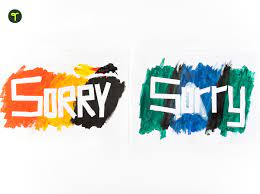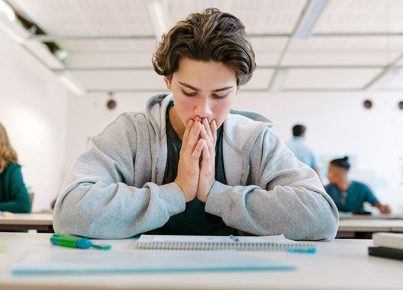National Sorry Day is an important event in Australia recognized on May 26th each year, acknowledging the historical mistreatment of Aboriginal and Torres Strait Islander people, particularly the Stolen Generations. Within classrooms, it offers a profound opportunity for educators and students to engage in activities that reflect upon and learn from this part of Australia’s history. Here are some respectful and educational activities that could be facilitated in a classroom setting:
1. Acknowledgment of Country: Start the day with an Acknowledgment of Country. Teach children the significance of this practice and encourage them to take part in acknowledging the traditional custodians of the land.
2. Interactive Storytelling: Use storytelling to share the experiences of the Stolen Generations. Age-appropriate books or digital stories can help younger students understand complex concepts with empathy and context.
3. Art Projects: Encourage students to express their learning and reflections through art. This could include collaborative mural painting, indigenous art techniques or creating symbolic sorry stones or sorry flowers.
4. Group Discussions: Host a classroom discussion where students can share their thoughts about Sorry Day. Create a safe space for questions and guide the conversation with respect and sensitivity towards indigenous perspectives.
5. Guest Speakers: Invite members of local Aboriginal communities to share their stories, experiences, and teachings about their culture, history, and the meaning behind Sorry Day.
6. Reflection Activities: Have students partake in writing activities where they pen letters of reflection, hope or apology to understand the effects of past policies on Aboriginal communities.
7. Cultural Performances: Watch or even invite performers to present traditional Aboriginal dances or songs that celebrate their culture while also commemorating this solemn day.
8. Educational Videos: Use documentaries and short films that are appropriate for a classroom setting to depict the events leading up to and subsequent apologies related to National Sorry Day.
9. Library Corner: Set up a section of the classroom with books by Aboriginal authors or about indigenous Australian history for students to read individually or in pairs.
10. Classroom Pledges: End the day by having students make individual or collective pledges on how they can contribute to reconciliation within their community.
Embedding these activities within classroom instruction on National Sorry Day enables educators to impart essential lessons on respect, empathy, multiculturalism, and history that are vitally important for young minds developing an understanding of their shared national context and heritage.





